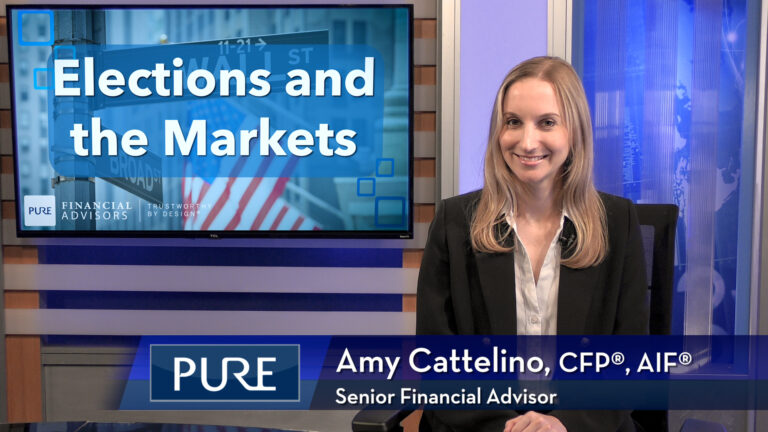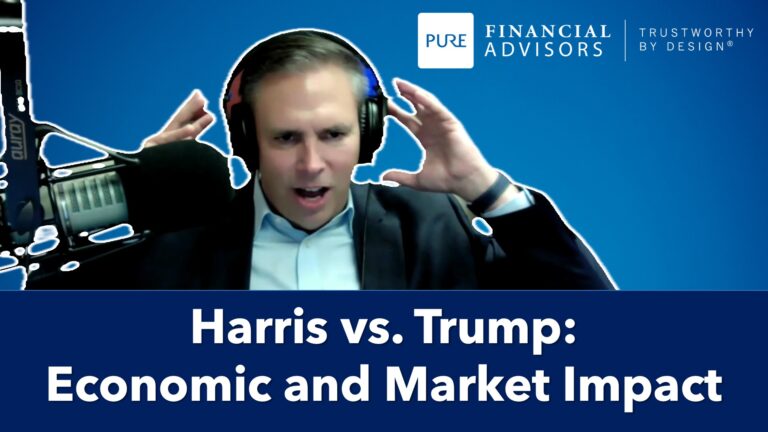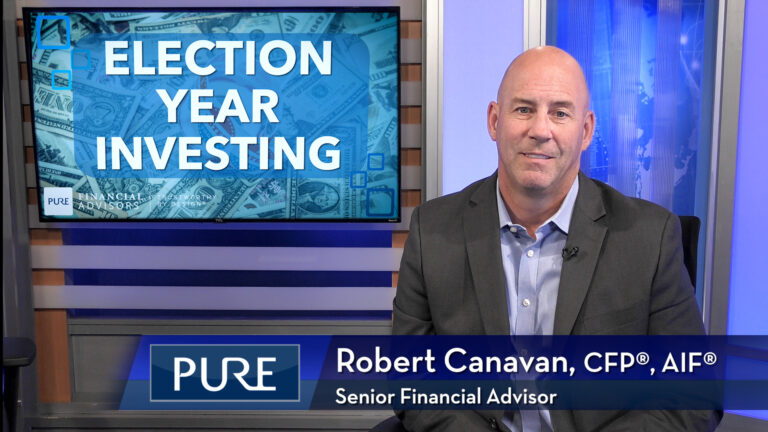If you were to sell your primary residence for a gain, would you have to pay any taxes? Susan Brandeis, CFP® answers this Question of the Week by explaining the eligibility requirements for the Section 121 Exclusion.
Transcription:
“Hi, I’m Susan Brandeis, CERTIFIED FINANCIAL PLANNER™ and Director of the Financial Planning Department here at Pure Financial and this is your Question of the Week. One question I get asked all the time is: If I were to sell my primary residence for a gain, would I have to pay any taxes? The answer is–it depends. It may fall under the 121 Exclusion. How this works is you may be able to exclude $250,000 if you’re single or $500,000 if you’re married as long as you pass these two tests: the use test and the ownership test. So what that means is if you’ve lived in the house two out of the past five years, then you may be able to take advantage of the 121 Exclusion.
For instance, if you’re married and you purchased a home for $500,000 and you sold it for $1,000,000, that $500,000 gain would be excluded as long as you’ve lived there for two out of the past five years.
I hope this information was useful; for more information check out our website (https://purefinancial.com). I’m Susan Brandeis, and this is Question of the Week.”













